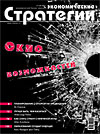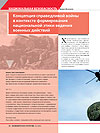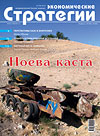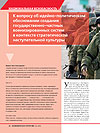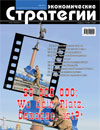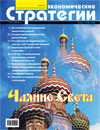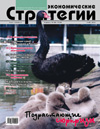The Concept of a Just War in the Context of Forming Warfare National Ethics
Ideological and theoretical justification of violence and its extreme form — the war — has a solid philosophical and political base. Nevertheless, this question becomes especially acute nowadays. Not least due to the fact that a substantial segment of the confrontation is shifting into the sphere of ideological and political warfare — war of meanings aimed at suppressing the enemy’s will to resist. Wars of the so-called fourth generation are asymmetric and hybrid ones, wars of “everybody against everyone”, in conditions of losing monopoly on violence by state institutions and increasing the power of non-state and mixed (public-private) paramilitary systems will require re-interpretation of the concepts of justice and war sacredness.


